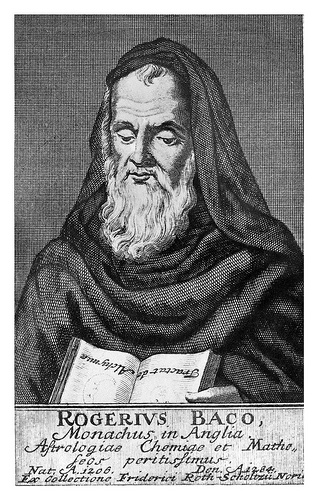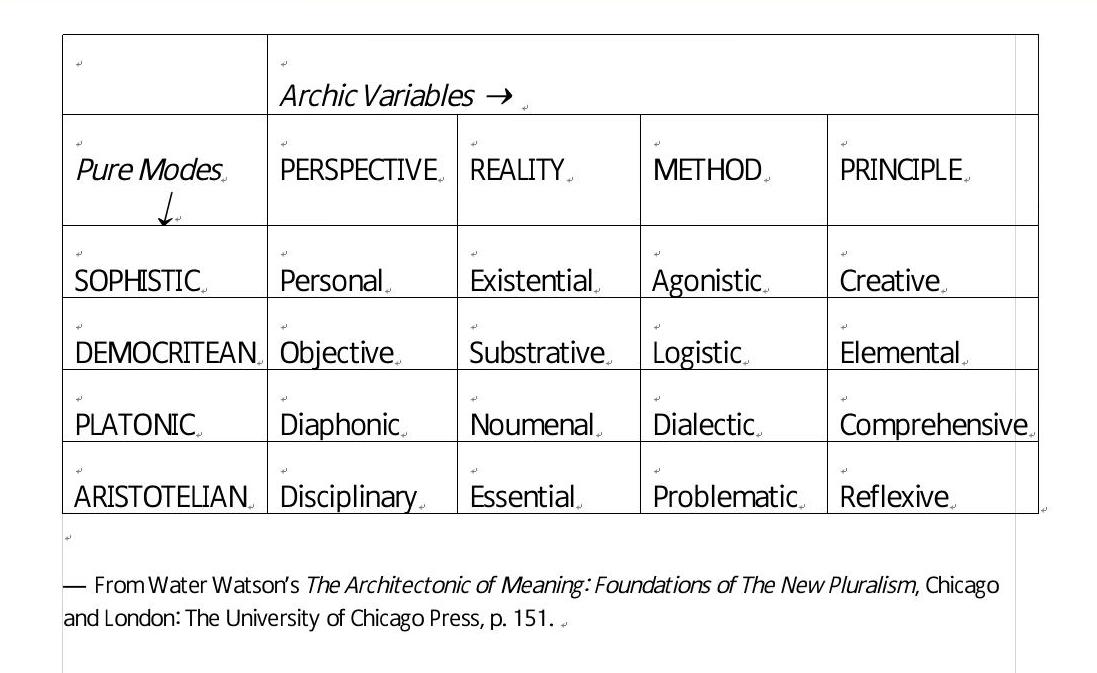Neutrality as the Art of the Possible: General Election 2017
May 11, 2017The way that politicians are questioned by the television and radio media in the UK is intended to ensure neutrality on the part of the interviewer and media organisation. It is clear that this is the intention and yet we need to look at the terms in which such neutral ground is set out.
Politicians are questioned in terms of the possible reality of their policies and plans. This comes first. Policies and plans must fit into a predetermined sphere of possibility. What can be achieved, what can work and what is realistic? If we recognise this set of preconditions the claim to neutrality comes into question. There is a model of judgement at work concerning the value of policies and plans which lays claim to neutrality by testing and critically assessing every political party and position equally.
We can make this criticism if we show that there are other models of judgement as to the value of a political manifesto. What if a model of judgement began with an imperative or injunction, an event from which possibility or reality is to emerge? What if our fundamental, ontological relation to the Other (to draw on Levinas) were the event from which political realities were to be created through political thought and activity? The leader of the UK Labour Party, Jeremy Corbyn, has claimed that in a country like the UK, with its wealth and resources, there should not be people sleeping on the streets. In such a model of political judgement, conditions of possibility follow from this absolute recognition of a duty to the Other and reality is to be constructed on the basis of this fundamental relation at the basis of human existence.
In the current UK general election campaign we are witnessing a labour manifesto being questioned for its lack of realistic possibility. In defence, one labour politician, Andrew Gwynne, referred to the labour government of Clement Atlee and its overcoming of the limitations of the present, redefining what was possible in changing the structure of society (Today programme, BBC Radio 4, 11/05/2017 - http://www.bbc.co.uk/programmes/p052l9vp ). Of course, less radical manifestos than labour’s are favoured by ‘neutrality’. They do not have to argue against the set of preconditions for possible reality embodied by the market. If a political party operates within the set of preconditions that is recognised as embodying possible reality they will still be ‘grilled’ by political interviewers but not relentlessly cast outside the bounds of possible reality. Such a political party may be taken to task for waiting lists and shortages in the NHS, criticised for not finding a way of making things work better (politics as management), but they will never be ridiculed by comparison with supposedly ridiculous examples from the past (such as labour’s 1983 manifesto which was dubbed ‘the longest suicide note in history’ by Gerald Kaufman).
This general election campaign brings out the need to question claims to neutrality so that we base thought and action on a broader field than any established preconceptions of possible reality allow.
Posted by Edward Willatt.



